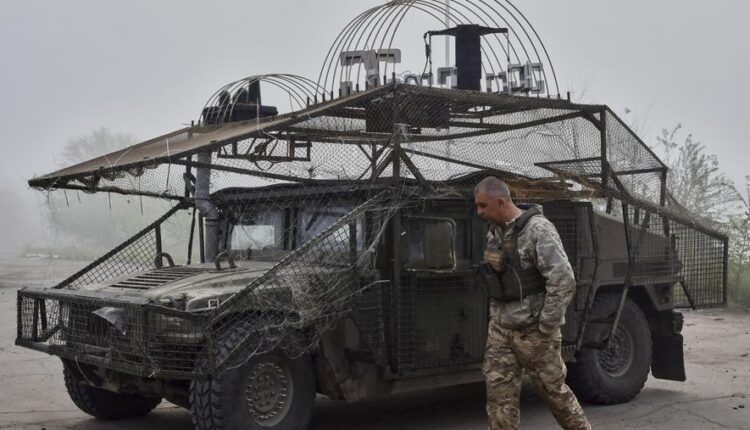Drone Strikes Disrupt Flights at Moscow Airports Ahead of Victory Day Ceasefire
Flight operations at four major airports in Moscow were temporarily suspended following a large-scale Ukrainian drone assault, Russia’s Defense Ministry announced Tuesday. Over 100 drones reportedly targeted nearly a dozen regions, prompting emergency measures and grounding flights in multiple areas.
Russia’s civil aviation authority, Rosaviatsia, confirmed that nine additional regional airports also halted operations as drones struck border zones and penetrated deeper into Russian territory. This marks the second consecutive night of drone attacks on the Moscow region.
In the Kursk region, two people sustained injuries, while property damage was reported in the Voronezh region. These claims have not been independently verified.
The attacks occurred just two days before Russia’s planned 72-hour unilateral ceasefire, set to begin May 8, in observance of Victory Day—the country’s most significant secular holiday commemorating the 1945 defeat of Nazi Germany. Foreign dignitaries, including Chinese President Xi Jinping, are expected to attend celebrations in Moscow.
Meanwhile, Russian forces launched at least 20 Shahed drones overnight into Kharkiv, Ukraine’s second-largest city. The assault injured four people and ignited a massive blaze at the Barabashovo market, damaging around 100 stalls, according to regional governor Oleh Syniehubov. Additional drone and bomb attacks elsewhere in Kharkiv injured seven more civilians.
While President Vladimir Putin announced the brief truce “on humanitarian grounds,” Ukraine has called for a longer cessation of hostilities. President Volodymyr Zelenskyy has agreed to a U.S.-backed proposal for a 30-day ceasefire, which Moscow has rejected, citing broad preconditions.
President Donald Trump commented on the truce from the White House, saying, “It doesn’t sound like much, but it’s a lot if you knew where we started from.”
Other invited Victory Day guests include India’s Prime Minister Narendra Modi—who canceled his trip amid tensions with Pakistan—and Slovakia’s Prime Minister Robert Fico and Serbia’s President Aleksandar Vucic, though the latter’s attendance remains uncertain due to illness.


